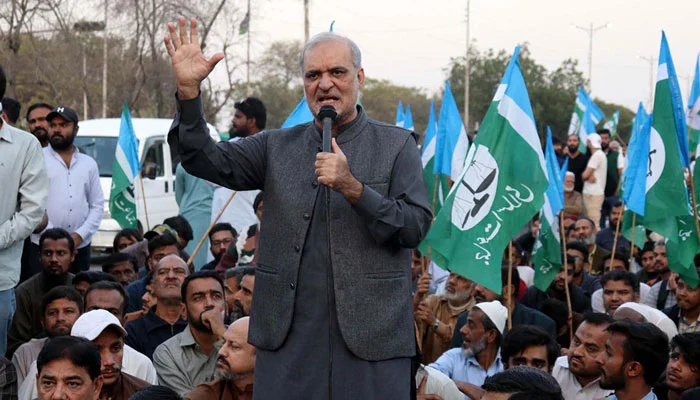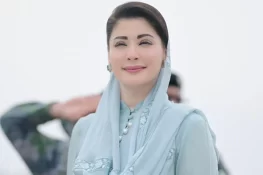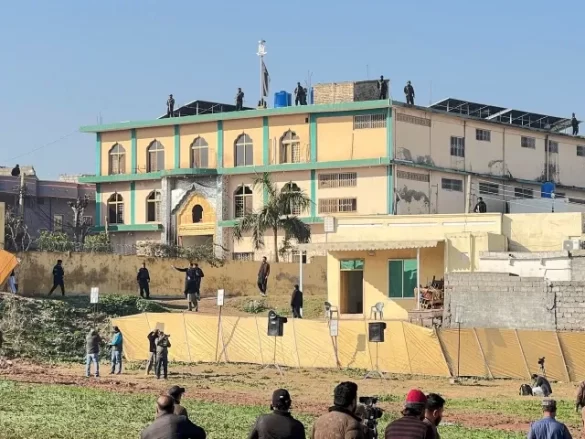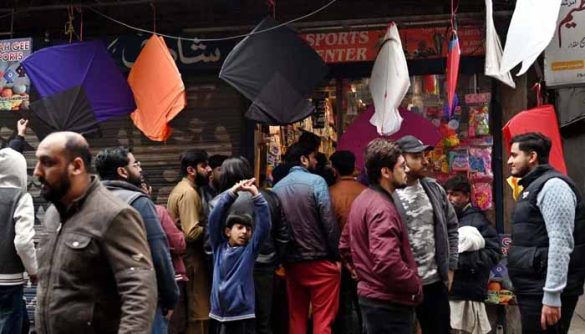Independence Day Message Highlights Persistent Challenges
In his Independence Day message, Jamaat-e-Islami Emir Hafiz Naeem ur Rehman expressed deep concern that Pakistan, despite being 78 years old, remains under the control of what he described as a “corrupt clique.” He said this entrenched elite continues to dominate political and economic power, depriving citizens of their basic rights.
The remarks came as Pakistan marked another anniversary of its independence from British colonial rule in 1947, a day often celebrated with patriotic fervour, as seen in the nationwide 78th Independence Day celebrations. It is also a time when political leaders reflect on the nation’s trajectory.
“Oppressive System Still in Place”
Hafiz Naeem accused feudal landlords, dynastic political parties, and both the civil and military bureaucracy of maintaining an oppressive system. He argued that this structure has kept ordinary people from accessing fundamental services such as quality education, healthcare, and employment opportunities.
“Even after nearly eight decades of independence, the outdated and exploitative system introduced after the country’s creation has not been dismantled,” he said. “The people are still waiting for the fulfilment of the promises made at the time of Pakistan’s birth.”
Call to Realize Pakistan’s Founding Vision
Rehman reminded citizens that Pakistan’s founders envisioned the country as a welfare-oriented Islamic state that would ensure social justice, equitable resource distribution, and a robust system of public welfare. He stressed that turning this vision into reality is now a collective responsibility that demands active participation from all sectors of society.
“Only when we replace the current unjust system with one based on fairness, transparency, and accountability will we be able to honour the sacrifices made in 1947,” he said.
Religious and Moral Dimension
The Jamaat-e-Islami leader also invoked a spiritual element in his message. He prayed for Pakistan to be guided towards the true objectives of independence, saying that with divine guidance and unity among its people, the country could emerge as a genuine welfare state on the world map.
He emphasized that Pakistan’s potential extended beyond its borders. “Our role is not limited to representing the Muslim Ummah,” he said. “Pakistan must also become a voice for oppressed people everywhere in the world.”
A Broader Struggle for Justice
Hafiz Naeem urged all Pakistanis to contribute actively to what he described as a shared struggle for justice and reform. He said this effort should not be confined to political activism but should also involve social, educational, and economic initiatives that empower ordinary citizens.
His comments reflect a growing sentiment among political and civil society groups that Pakistan’s governance model requires deep reform. Analysts note that while successive governments have promised systemic change, entrenched power networks have made meaningful transformation difficult.
Context: Independence and Ongoing Political Challenges
Pakistan gained independence on 14 August 1947 after a prolonged struggle led by the All-India Muslim League under Muhammad Ali Jinnah. On the 78th anniversary, Prime Minister Shehbaz Sharif led the official flag-hoisting ceremony at the Pakistan Monument, marking the start of formal celebrations in Islamabad. While the country has achieved progress in several sectors, it has also faced recurring political instability, economic crises, and governance challenges.
The influence of powerful political families, coupled with a long history of military intervention in politics, has often drawn criticism from opposition leaders and reform advocates. Issues such as high inflation, energy shortages, and inadequate public services continue to affect millions of Pakistanis, lending weight to calls for systemic change.
Looking Ahead
As the country moves beyond its 78th year, Hafiz Naeem’s message underscores a dual challenge: preserving the ideals of independence while addressing structural inequalities that hinder progress. His call for unity and reform adds to a chorus of voices urging Pakistan to bridge the gap between its founding vision and its present reality.
Whether these appeals will translate into tangible political action remains to be seen, but the debate over Pakistan’s direction is likely to intensify in the coming years, especially as economic pressures mount and citizens demand more from their leaders.















